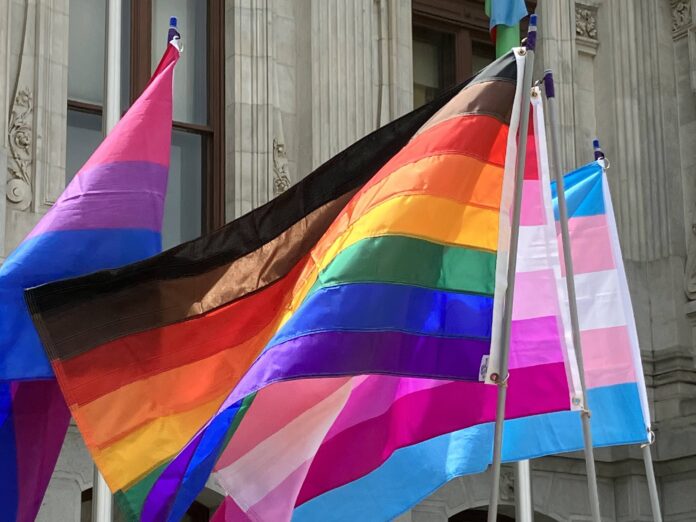On my Amtrak journey to Washington for yet another segment on LGBTQ+ history, I find myself reflecting on 55 years of unwavering commitment to this cause. Over the years, a distinct perspective has emerged — a vista of a community persistently championing equality, steadily advancing year by year. While we cannot equate today’s struggle for equality directly with that of past generations, we can perceive those past battles as benchmarks of our progress. Indeed, when we witness the ultra-conservative anti-LGBTQ+ stances prevalent in today’s far-right discourse, it serves as both a testament to our journey thus far and a reminder that, as someone once eloquently put it “This too shall pass.”
For me, the transformation is nothing short of remarkable. Growing up in the 1950s and ’60s — I’ll proudly admit my age — I can now look back with clarity on the changes that have unfolded over these five and a half decades. Back then, we were wholly invisible as a community. Absent from television, radio and magazines, our presence in libraries was confined to a handful of books tucked away in the criminology, morality or psychiatric sections. Those were the days before the internet and cell phones — a seemingly prehistoric era.
Everything changed in 1969 when we stepped out of the shadows and proclaimed our presence, loud and proud. Visibility emerged as our most potent weapon against bigotry. We began appearing on television and radio, forming professional organizations in fields like medicine, law and media. We engaged in dialogue with corporations and governments, demanding our rights as clients, customers and citizens.
Today, when a young person walks into a library, they find books about themselves, written by people like them. They can turn on the TV and see LGBTQ+ individuals represented in news and entertainment, just as they are across various forms of media.
Admittedly, we find ourselves in a period of backlash. But let it be known, a backlash only occurs when bigots fear they’re losing ground. Furthermore, while they may attempt to turn back the clock, time is not on their side. We’ve overcome obstacles before — Anita Bryant, the moral majority, fights for LGBTQ+ inclusion in the military and marriage equality—and we’ll do so again.
